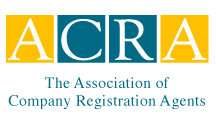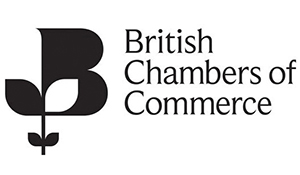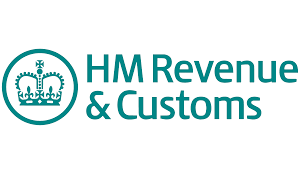Moving to Europe is a dream for many, and fortunately, there are several viable pathways to make it a reality. Whether your goal is to build a career, pursue education, invest, or reunite with family, Europe offers a variety of immigration routes suited to different personal circumstances.
1. Employment Opportunities
Job Offer & Work Permit
Securing a job offer from a European employer is one of the most direct routes to relocation. If you have in-demand skills or professional experience in specialized fields, your chances of success improve significantly. Once hired, you’ll need to apply for a work permit, typically with the support of your employer who will help provide the necessary documentation.
EU Blue Card
For highly skilled professionals, the EU Blue Card offers an attractive option. It provides easier access to work and residency in several participating European countries, along with additional benefits such as the potential for long-term stay and family reunification.
2. Education Pathway
Student Visa
Many people choose to move to Europe by enrolling in a higher education program. Gaining admission to a recognized university or college allows you to apply for a student visa. You’ll need to show proof of enrollment, financial means to support yourself, and sometimes health insurance.
Post-Graduation Options
Several European countries provide opportunities to stay after graduation. For instance, you might qualify for a temporary residence permit, a freelancer visa, or other work-related options depending on the country.
3. Investment and Entrepreneurship
Residence by Investment
Countries such as Portugal, Spain, Greece, and Malta offer residence permits to individuals who make substantial financial investments, often through real estate, business, or government bonds. These programs are popular among individuals with the resources to invest and the desire to live in Europe long-term.
Entrepreneur Visa
If you’re looking to start or run a business, some countries offer entrepreneur visas. Portugal’s D2 visa, for example, is designed specifically for entrepreneurs and independent professionals aiming to launch ventures in the country.
4. Family Reunification
If you have close family members who are European citizens or legal residents, you may be eligible to join them through family reunification programs. These pathways allow spouses, children, and sometimes extended relatives to apply for residence permits based on familial ties.
5. Digital Nomad Visas
With the rise of remote work, many European countries now offer digital nomad visas. These allow remote workers and freelancers to live in Europe while working for companies or clients abroad. Portugal and Spain are among the top choices, offering relatively straightforward application processes for remote professionals.
Essential Tips for a Smooth Transition
Do Your Research
Every country has its own visa requirements, eligibility criteria, and application processes. Start by researching the specific rules that apply to your chosen destination.
Learn the Language
While many Europeans speak English, learning the local language will greatly enhance your experience and integration into society.
Prepare Financially
Relocating can come with significant costs, including visa fees, housing, insurance, and daily expenses. Make a budget and plan accordingly.
Adapt to the Culture
Understanding local customs, laws, and social norms will help you adjust more easily and avoid unnecessary stress.
Seek Support
Joining expat communities or speaking with immigration experts can provide valuable insights, resources, and encouragement throughout your relocation journey.
Moving to Europe is a major life decision, but with the right planning and a clear understanding of your options, it can be a rewarding and life-changing experience. Whether through work, study, investment, or family, Europe offers a diverse range of pathways to build a new chapter of your life abroad.








